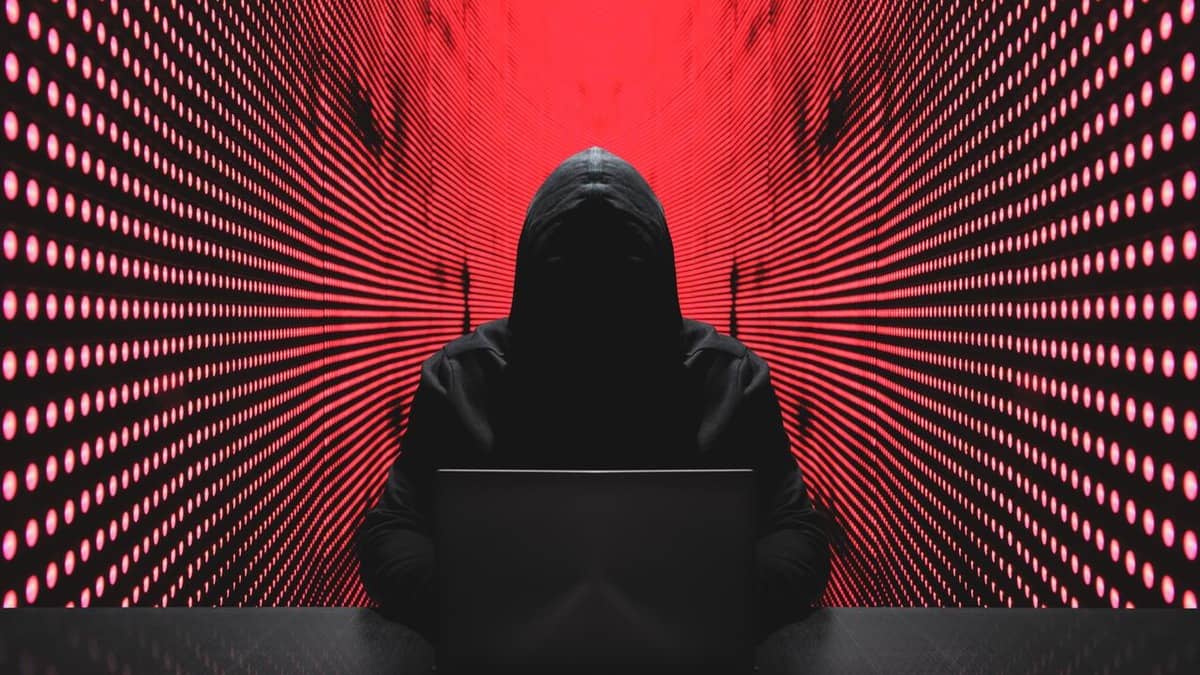Your smartphone holds your entire life—from work to personal photos, messages, banking apps, and more. But it’s also a major target for cybercriminals, especially with the rise of AI-powered deepfake scams.
? Deepfake Attacks Are Getting Smarter
Hackers are now using artificial intelligence to fake voices and videos. They can make a call sound like it’s from your family member, boss, or friend. These fake calls can trick you into sending money or giving away private information.
Even smart people fall for them. That’s how real and convincing these deepfakes have become.
? FBI and Experts Recommend a Simple Solution
The FBI and cybersecurity experts say you should create a secret code—a short word or phrase only known by you and your trusted circle. This code helps you verify if a call or message is truly from the person it claims to be.
If you get a suspicious voice or video call asking for urgent help or money, ask the caller for the secret code. If they can’t give it, don’t trust them—even if the voice sounds exactly like your loved one.
This simple step can stop AI scams cold.
??? Make Codes for Each Group You Trust
Experts recommend using different secret codes for family, friends, and coworkers to make the system even more secure. Don’t use anything obvious like birthdays or pet names. Choose something only you and your trusted contacts would remember.
? Stay Alert During High-Stress Moments
Scammers often strike when you’re panicked or in a rush. That’s when mistakes happen. A deepfake call might pretend to be your child or partner in danger. Stay calm, and ask for the code. No code = no action.

Stay Safe Online With NordVPN’s Trusted VPN Services
Grab this limited-time offer and enjoy premium VPN protection at an unbeatable price!
✅ What You Should Do Now
- Talk to your family and close friends.
- Pick a secret code you all remember.
- Use a different code for your workplace if needed.
- Practice using the code if a suspicious call comes in.
- Stay calm during emergencies and always verify.
This one simple code could protect you from losing money, accounts, or personal information. Create it today—before you need it.












Leave a comment